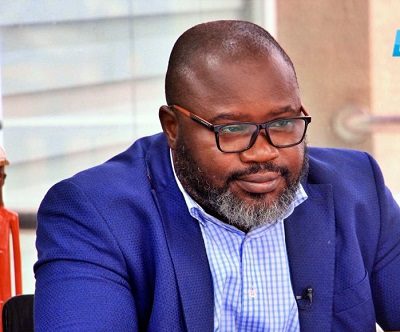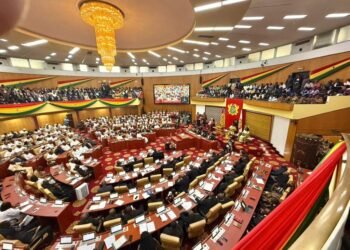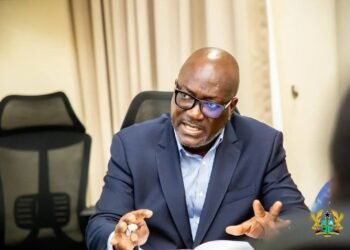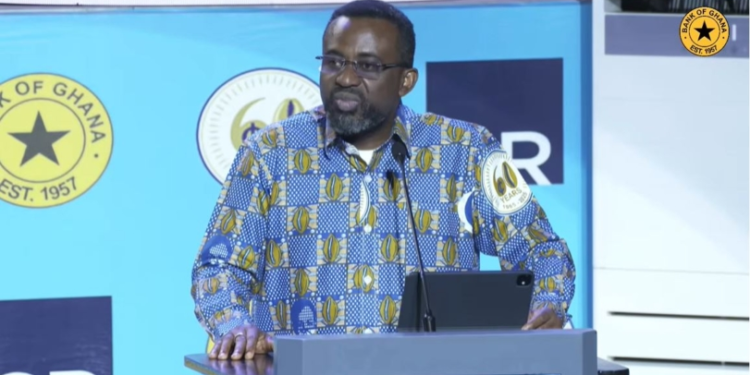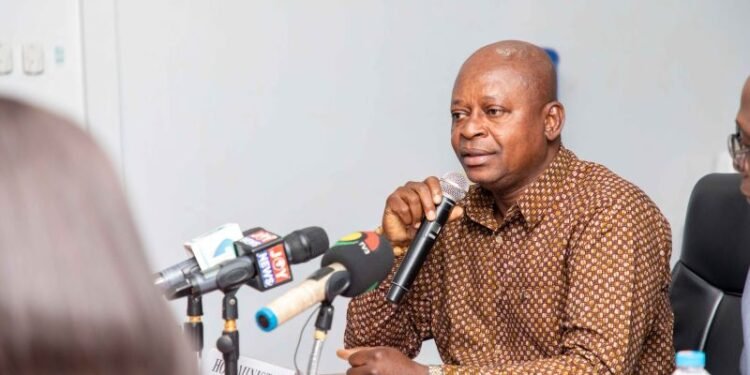Education policy think tank Africa Education Watch is renewing calls for a comprehensive amendment of the West African Examinations Council (WAEC) Act, arguing that Ghana’s current legal regime has been overtaken by increasingly sophisticated examination fraud practices.
Kofi Asare, Executive Director of the organisation, says the country’s legal and policy response to examination malpractice has failed to keep pace with the rapid technological and operational evolution of fraudulent practices in the education sector.
“For the legal sanctions regime to be truly effective, WAEC’s law must be amended to reflect emerging dynamics”
Kofi Asare, Executive Director of Africa Education Watch
According to him, the call for reforms was first made as far back as 2019 and again in 2020, during meetings with WAEC and Parliament in Koforidua. But since then, no significant action has been taken.
“The Ministry of Education should prioritise amending the WAEC Act. It has been taken by technology and the emerging dynamics in the examination malpractice”
Kofi Asare, Executive Director of Africa Education Watch

He stressed that the situation has moved beyond mere malpractice into full-scale fraud, with organised criminal networks exploiting legal and technological loopholes to undermine the credibility of national exams.
As part of recommendations to address the situation, Africa Education Watch is proposing the installation of CCTV cameras across all examination centres – a move Mr. Asare said aligns with global best practices and will help reduce human interference.
“If you reduce the human element or the human involvement in regulation, you move towards solving the problem much more because the corruption is actually driven by the humans who have interest in it”
Kofi Asare, Executive Director of Africa Education Watch
He added that solar-powered CCTV systems, which are now widely available and less dependent on national electricity supply, could be deployed to monitor centres in real-time, especially in identified exam malpractice hotspots.
While acknowledging that some schools still lack dedicated examination halls and rely on ordinary classrooms, Mr. Asare was optimistic about the ongoing efforts to improve infrastructure. “If we have a plan to do this, I’m sure we can do it, especially in the hotspots – and we know the hotspots,” he stated.
Scholarship Management Under Scrutiny
Beyond examination malpractice, Mr. Asare also turned his attention to Ghana’s scholarship administration system, criticising what he described as undue executive influence over who gets awarded scholarships.

“The biggest issue about scholarships is who gets scholarships. Forget about the whole bill, it’s about who gets scholarships”
Kofi Asare, Executive Director of Africa Education Watch
He expressed concern that under the proposed Ghana Scholarship Authority bill, power over scholarship allocation would remain concentrated in the executive, with ministers and other political appointees dominating the governing board.
“This bill is simply saying that it is the same executive that’s determining the same – You don’t even see tertiary institutions there”
Kofi Asare, Executive Director of Africa Education Watch
According to Mr Asare, this continuity of executive control defeats the purpose of creating a fair and merit-based scholarship system.
He argued that to promoting a merit-based scholarship administration system and regime, starts with decoupling the executive and the political class from the decisions that go into determining who benefits.
On the issue of frequent delays in disbursing stipends to foreign scholarship recipients, which often results in student deportations or dismissals, Mr Asare attributed the problem primarily to “poor budget execution” rather than structural issues within the scholarship secretariat.
“The poor management of the disbursements of scholarship stipends to foreign scholarship beneficiaries may be a function of one or two or more deficits in the scholarship administration in Ghana.
“The key reason is budget or budgeting. Because it’s a budget with a very, very poor or very, very low level of budget credibility”
Kofi Asare, Executive Director of Africa Education Watch
Mr Asare argued that the crux of the issue lies not in budget approval but in the credibility and timely execution of those budgets.
According to him, if the agency exists under the president and its a priority, releases will be expedited in line with their cash flow requirement. But if it’s not a priority, it can be under any ministry and it will still suffer the same inertia when it comes to release of funds.
As Ghana’s education system grapples with challenges from both academic fraud and bureaucratic inefficiencies, stakeholders are urging urgent legislative and administrative reforms that place integrity and fairness at the heart of policy delivery.

